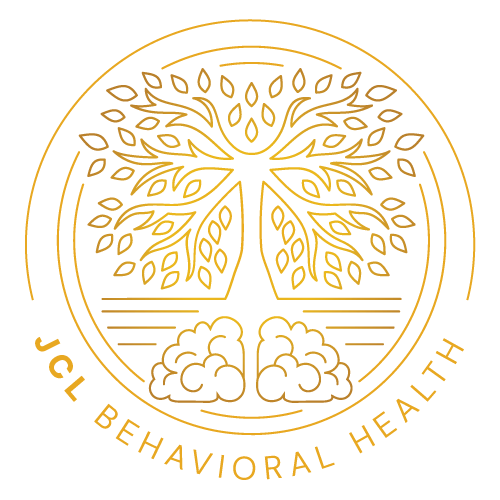Addiction
- Home
- Addiction
Addiction is a chronic, relapsing disorder characterized by compulsive drug or alcohol use, despite harmful consequences. It affects brain function and behavior, leading to an inability to control substance use. Addiction can involve substances such as alcohol, opioids, stimulants, nicotine, and others, or behaviors such as gambling. It is a complex condition influenced by genetic, environmental, and psychological factors.

Symptoms of Addiction
Cravings
Strong, often irresistible urges to use the substance
Loss of Contro
Inability to stop using the substance or to control the amount used.
Tolerance
Needing more of the substance to achieve the same effect
Widthdrawl
Ignoring personal, professional, or academic responsibilities in favor of substance use.
Neglecting Responsibilities
Inability to stop using the substance or to control the amount used.
Risky Behavior
Engaging in dangerous activities while under the influence, such as driving or unsafe sexual practices.
Treatment Approaches
Detoxification
Medically supervised withdrawal from the substance, which helps manage withdrawal symptoms and stabilize the patient.
Behavioral Therapy
Stimulant medications such as methylphenidate (Ritalin) and amphetamines (Adderall) are commonly prescribed to improve focus and control impulsive behaviors. Non-stimulant medications like atomoxetine (Strattera) and certain antidepressants can also be effective.
Medication-Assisted Treatment (MAT)
Tailored educational plans, such as Individualized Education Programs (IEPs) or 504 plans, help accommodate the unique learning needs of students with ADHD . These plans might include extra time for tests, modified assignments, and a quiet workspace.
Support Groups
Peer support from groups like Alcoholics Anonymous (AA) and Narcotics Anonymous (NA) provides a community of individuals who share experiences and offer mutual support for maintaining sobriety.
Relapse Prevention
Techniques to identify and manage triggers, develop a support system, and create a long-term plan for maintaining sobriety.
How We Can Help
At JCL Behavioral Health, we offer comprehensive addiction treatment programs tailored to individual needs. Our multidisciplinary team includes addiction specialists, psychiatrists, therapists, and support staff dedicated to helping patients achieve and maintain sobriety. We provide detox services, individual and group therapy, MAT, and aftercare planning to support long-term recovery. Our holistic approach addresses the physical, psychological, and social aspects of addiction, promoting overall well-being and resilience. We also offer family counseling to help loved ones understand the challenges of addiction and support the recovery process.

Copyright ©2024 JCL Healthcare, All rights reserved. Powered by DeVops Align


